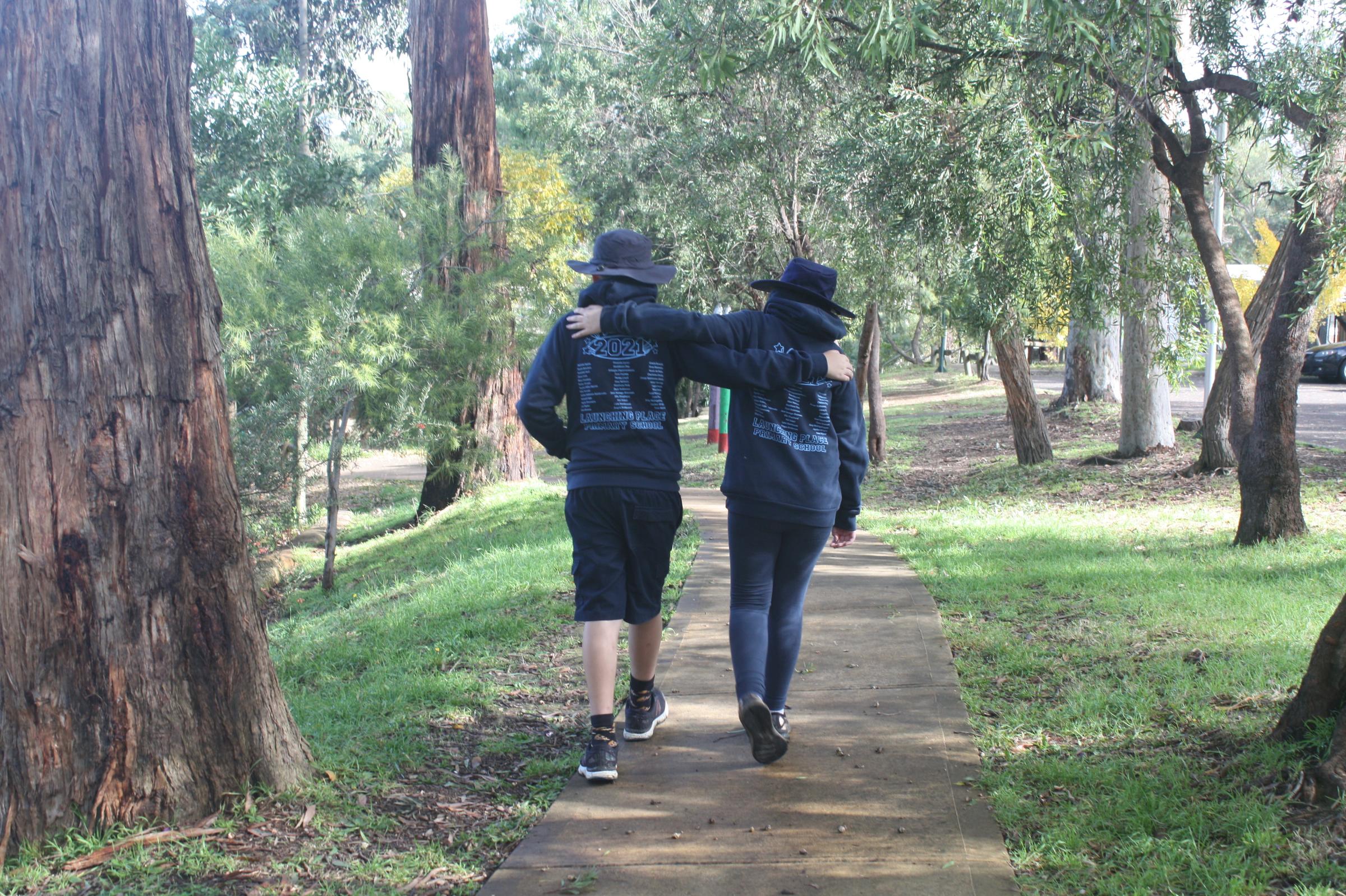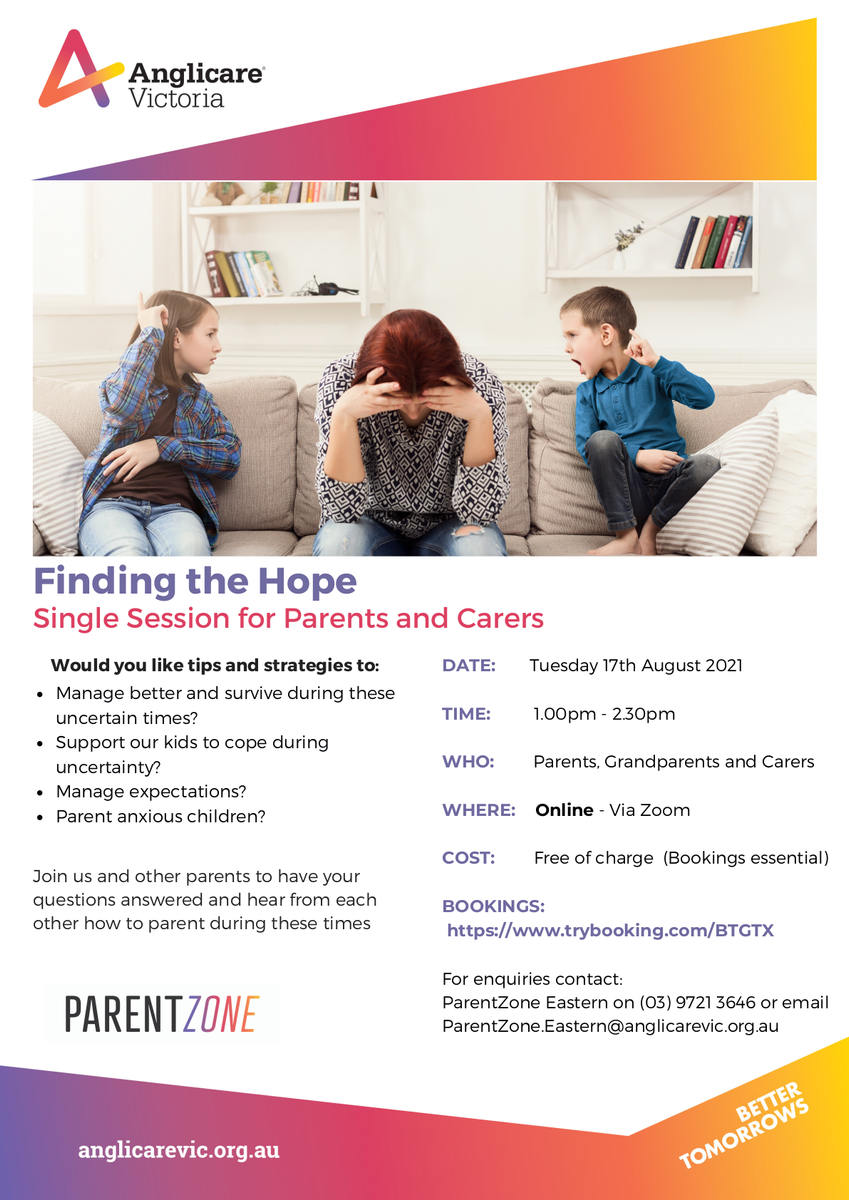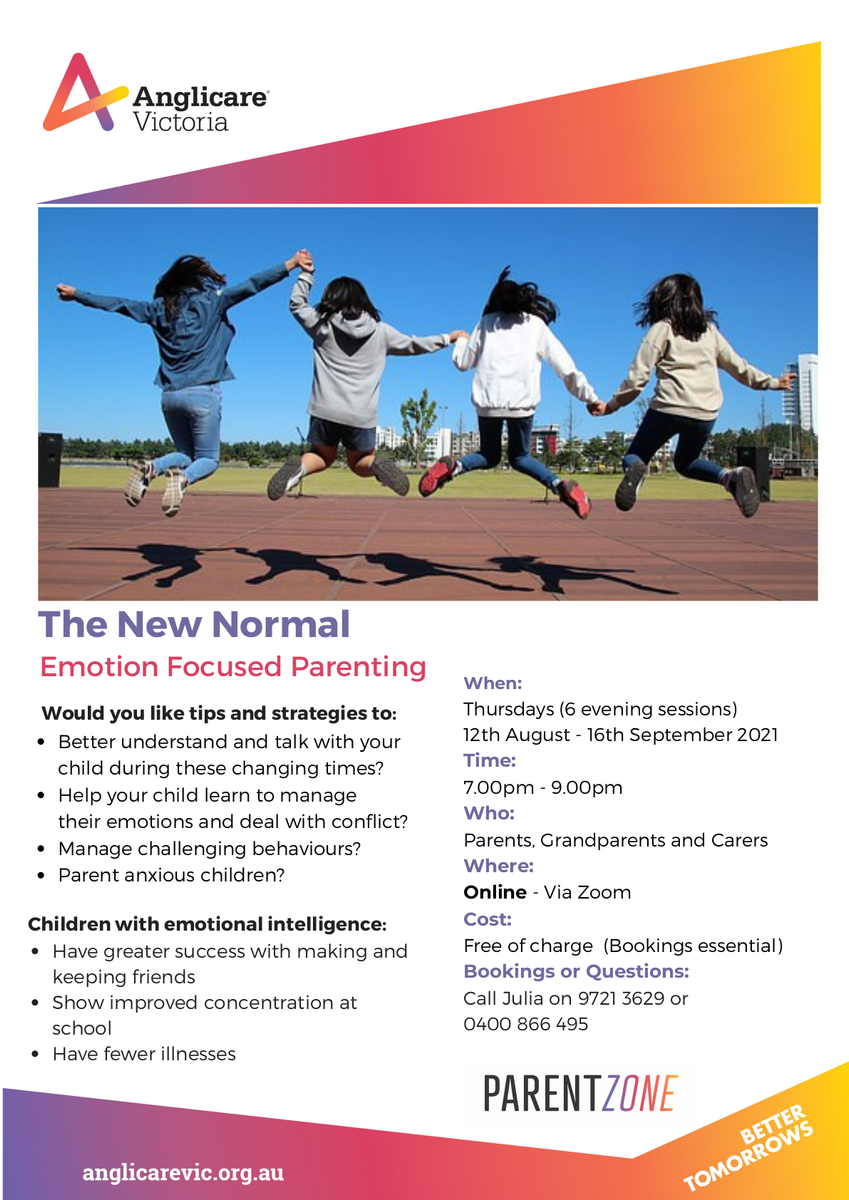
Parent Information
& Community Notices
Support is available during COVID-19
Resources are available to support people and communities most at risk during the coronavirus (COVID-19) pandemic. These include domestic violence support services, a helpline for people living with a disability and resources to support Indigenous Australians. |
https://www.australia.gov.au/support-for-communities
Parenting Ideas: Establishing digital boundaries for a good night's sleep
It’s well established that sleep is vital for children and adolescents’ learning, physical health, mental wellbeing and emotional regulation. Yet, a concerning number of Australian children and adolescents aren’t meeting the national sleep guidelines according to a recent study*.There are many reasons for young people’s poor sleep habits, including school demands, co-curricular and/or work commitments, perceived pressure from parents and educators and consumption of energy drinks. Young people’s digital device habits can have a significant, negative impact on their sleep.Handheld devices emit blue light which hampers melatonin production. This can result in the delayed onset of sleep and potentially shorten critical phases of the sleep cycle. Research confirms that children who have not yet gone through puberty are particularly vulnerable to blue light exposure in the evening, as they have larger pupils, compared to post-puberty adolescents.
Strategies to stop screens from sabotaging your child’s sleep
Parents can have a positive influence on their child and teens’ digital habits and doing so will yield positive results for their child’s sleep and subsequent learning and wellbeing.
Establish a digital bedtime
Kids should switch off digital devices 60 minutes prior to falling asleep. Reinforce this habit by establishing a ‘landing zone’ such as a kitchen bench, or desk in a study or sideboard where digital devices go for charging and storage. Many students report that they ‘need’ to complete homework or submit assignments late at night. Verify the validity of such statements and work in partnership with your child’s school to limit this type of required screen activity at night. Parents need to also be good role models by switching off before bed too.
Tech-free zones
Bedrooms should be tech-free zones, so consider buying an alarm clock if your child uses a mobile phone to wake themselves up. Keeping devices out of bedrooms removes the tech-temptation to use them throughout the night, reduces the likelihood that they’ll reach for them upon waking and lessens the chance of cyberbullying incidents. Ensure any devices left in bedrooms are on airplane mode and that the device is away from their line of sight.
Ensure a daily dose of ‘greentime’
Exposure to natural blue light from sources such as the sun is critical for regulating circadian rhythms and promoting sleepiness at night. Ensure your child/teen is exposed to bright, natural daytime light, preferably before midday each day.
Use blue light filters
Most devices include options for ‘night mode’ or ‘dark mode’ that reduce blue light exposure. Dimming the brightness of the screen in the settings or applying a filter on a desktop or laptop also assists.
Do a screen swap before bed
Encourage passive tech activities before bed such as watching TV, listening to an audiobook, music or podcast, or reading on an e-reader.It can be a challenge navigating digital boundaries with your child or teen particularly when it involves sleep, which is vital for health, wellbeing and learning. Talk to them regularly about the importance of sleep using science and facts to substantiate your claims.*The Australian Department of Health recommends between 9-11 hours of sleep for children (aged 5-13 years) and between 8-10 hours of sleep for adolescents (aged 14-17 years). A 2019 study published by the Australian Institute of Family Studies found that a quarter of 12-15 year olds were experiencing a concerning lack of sleep and more than half of the 16-17 year olds in the study were not getting the recommended 8-10 hours/night (Source: https://aifs.gov.au/sites/default/files/publication documents/lsacasr-2018-chap4-sleep.pdf)
Dr Kristy Goodwin Dr Kristy Goodwin is a digital wellbeing and performance speaker, author and researcher (and mum who also deals with her kids’ techno-tantrums!). She’s the author of Raising Your Child in a Digital World, and a media commentator who doesn’t suggest that we ban the iPhone, or unplug the gaming console (digital abstinence isn’t the solution). Kristy translates research into essential information and realistic strategies for parents to ensure kids and teens thrive in the digital world. For further details visit www.drkristygoodwin.com.
Pawsome Stories
Are you a student in years 3-6 with a pawsome story to tell?
The RSPCA’s Pawsome Stories is a writing competition inviting you to send us your best piece of work and be in the running for some fantastic prizes. We want to put your writing skills to the test while hearing from our next generation of animal welfare advocates!
There are two categories:
You can write a fictional story about rescuing an animal,OR You can write a persuasive essay answering the question: “if you could change one thing in the world to improve animals’ lives, what would it be and why?”.*Please note: if typing your entry, please write ONE PAGE with size 12 font. For handwritten, please write ONE DOUBLE-SIDED A4 page.
Please send your entries, or clear photos of your entries, to pawsomestories@rspcavic.org.au
You have until 17 September 2021 to submit your work. The winners will be announced on…. (tbc).
There will be prizes for first, second, and third place entries in each category.
Prizes:
1st place – A trophy, $50 Dymocks voucher, an RSPCA Victoria adoptable plush toy AND a virtual barn tour for you and your class to meet our friendly farm animals!2nd place – An RSPCA Victoria adoptable plush toy, a $30 Dymocks voucher and a certificate3rd place – An RSPCA adoptable plush toy and a certificate





